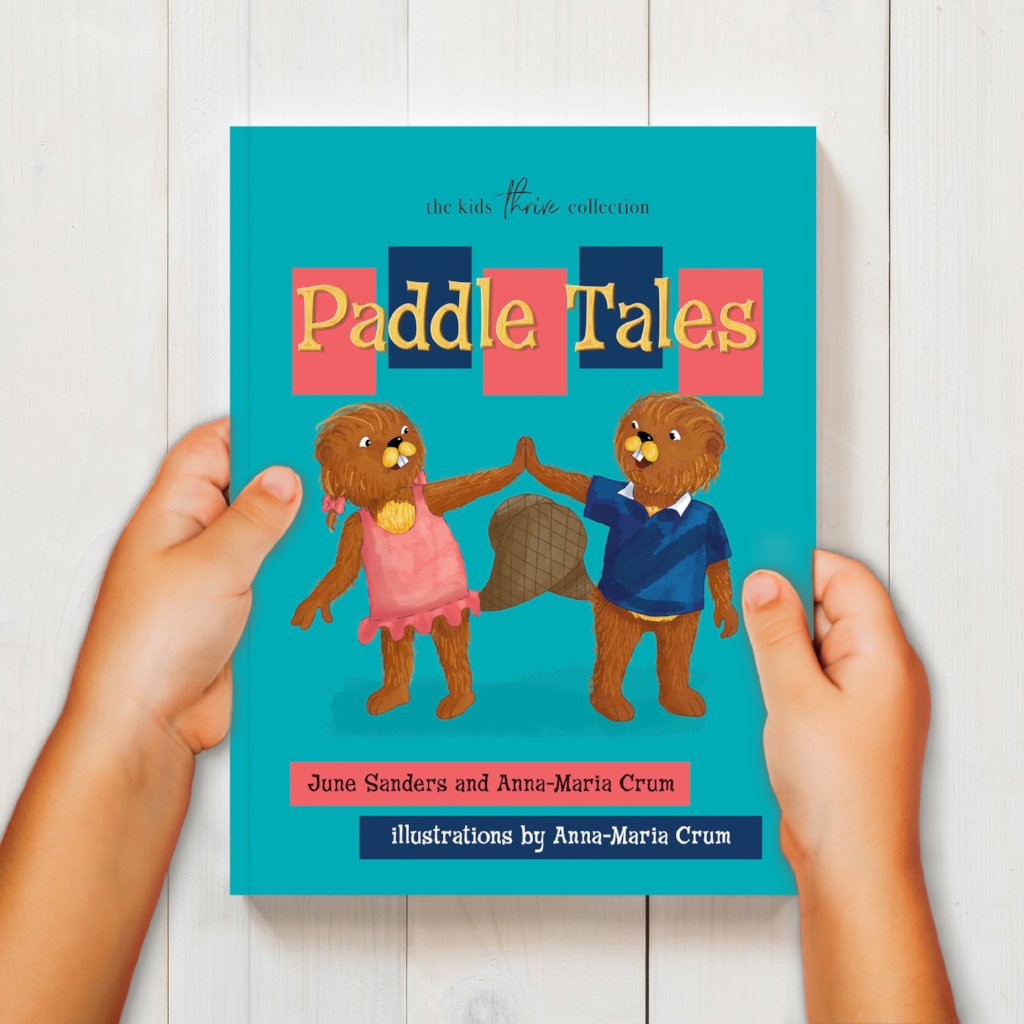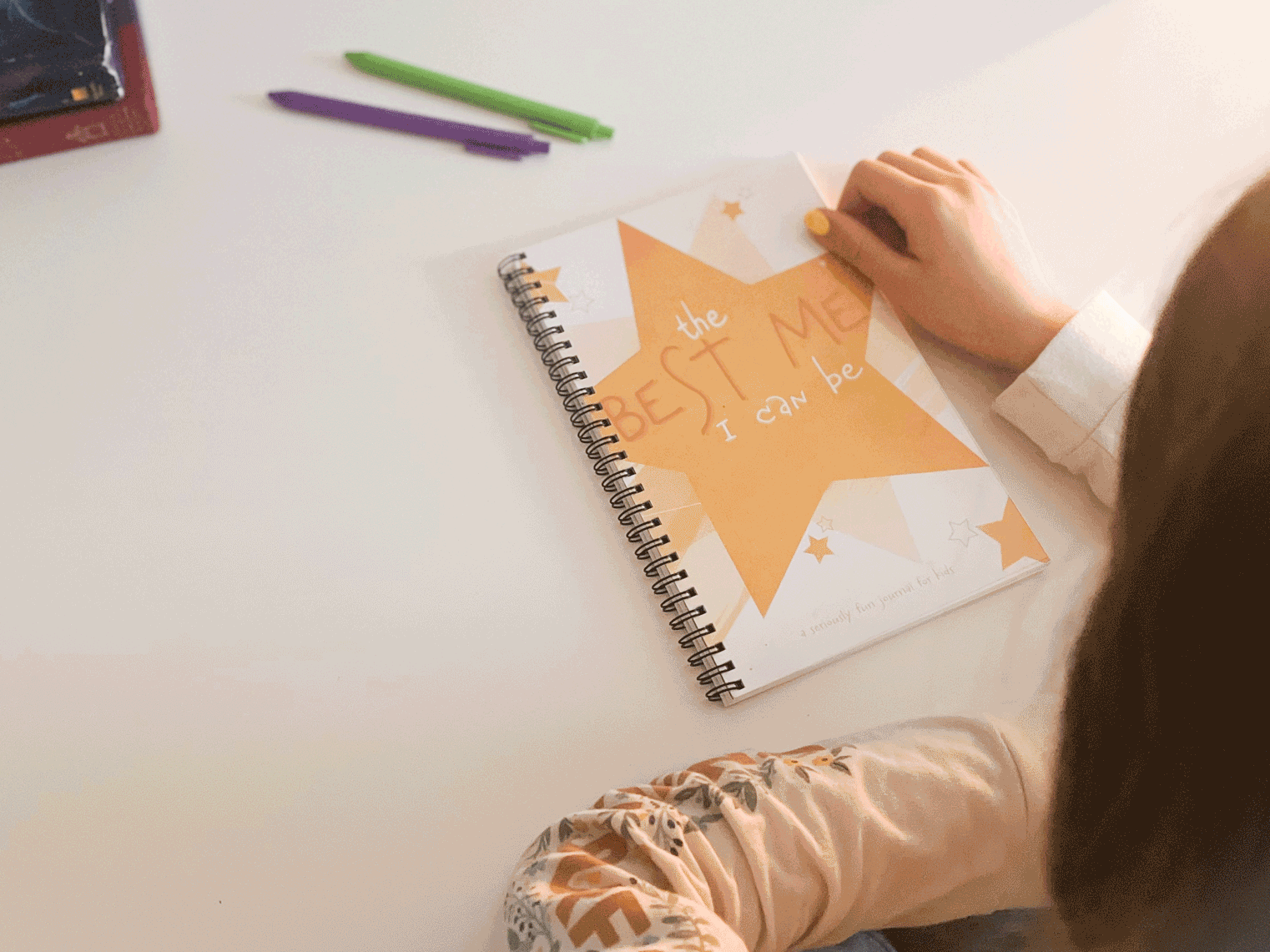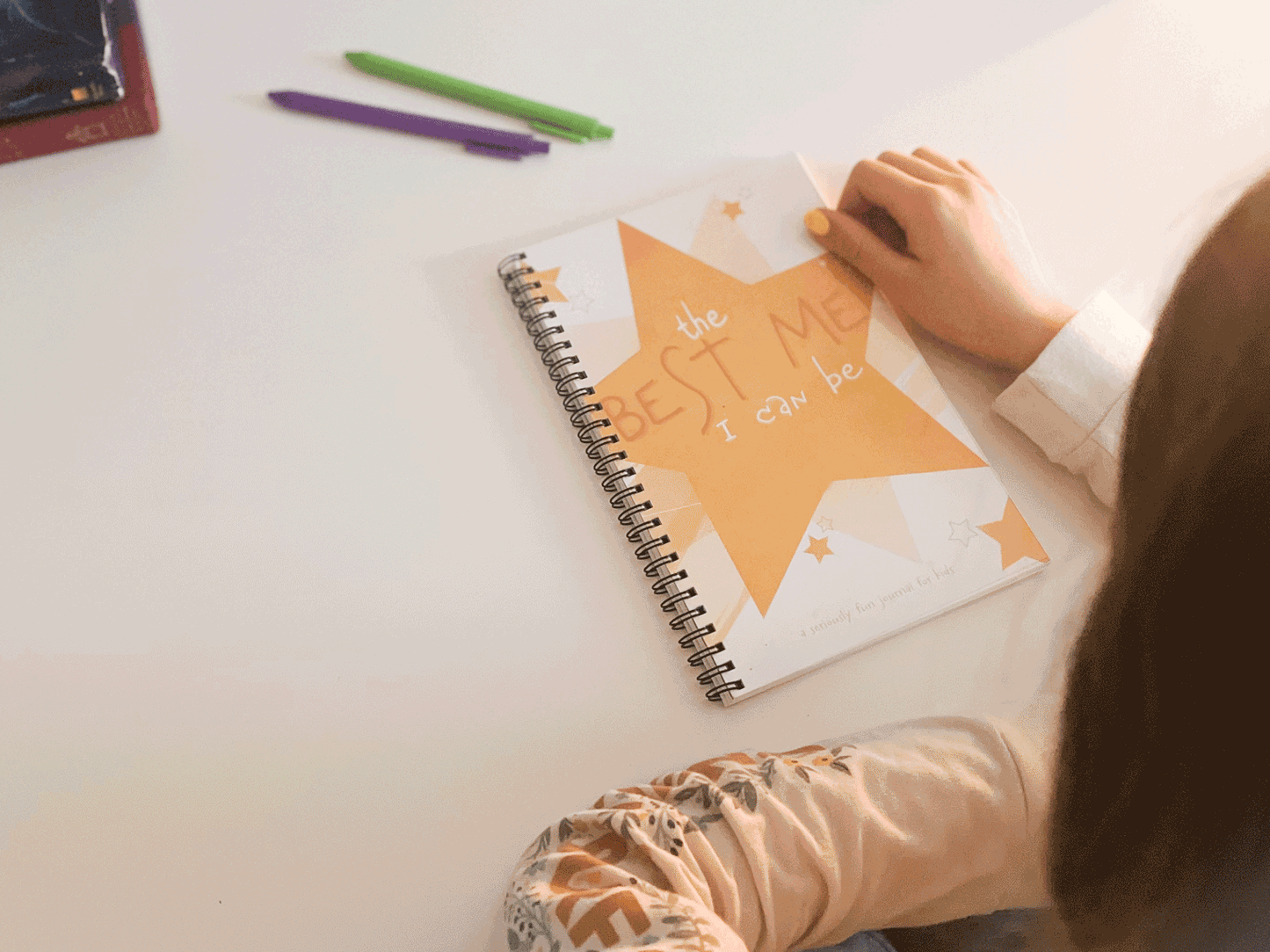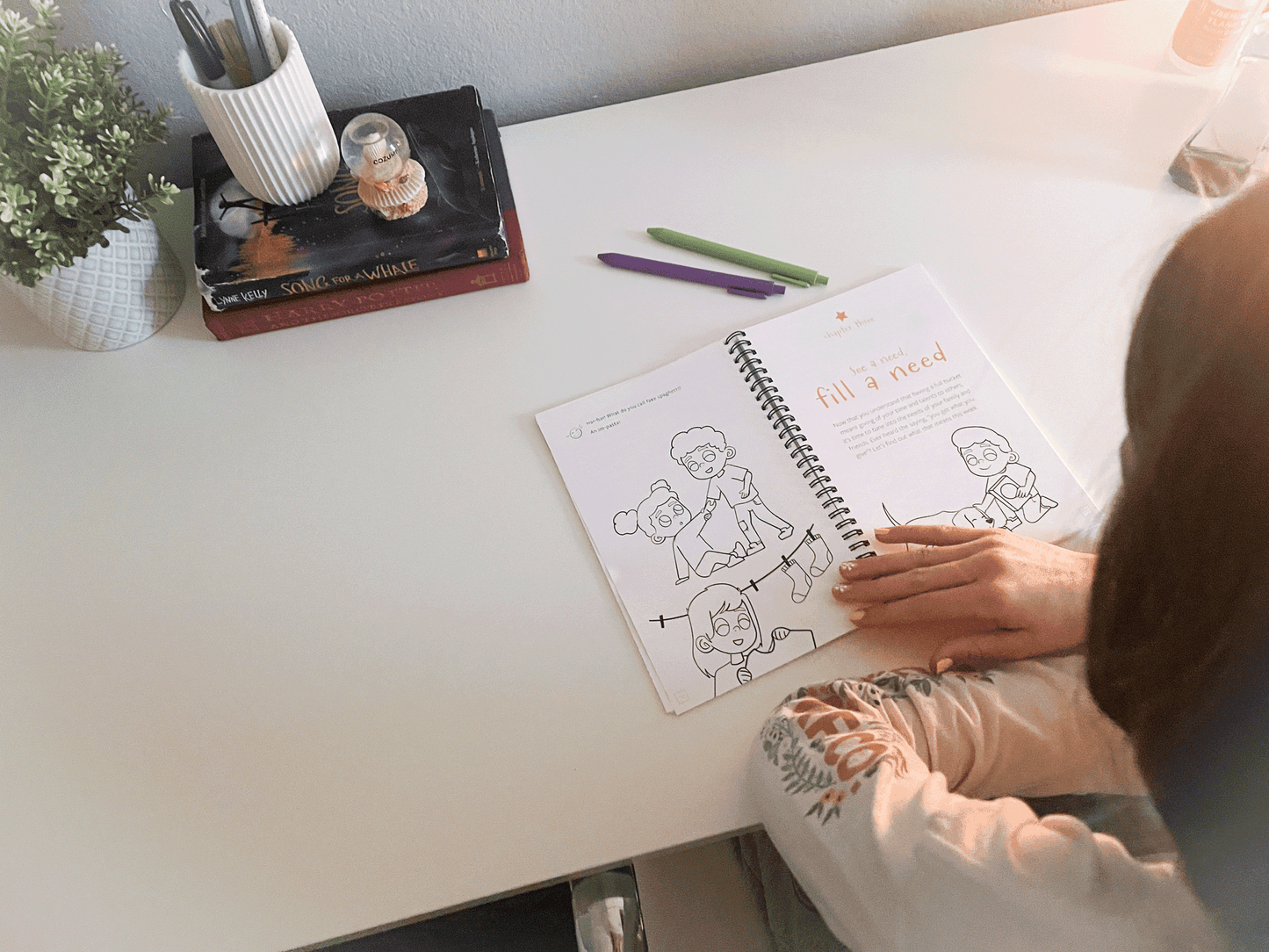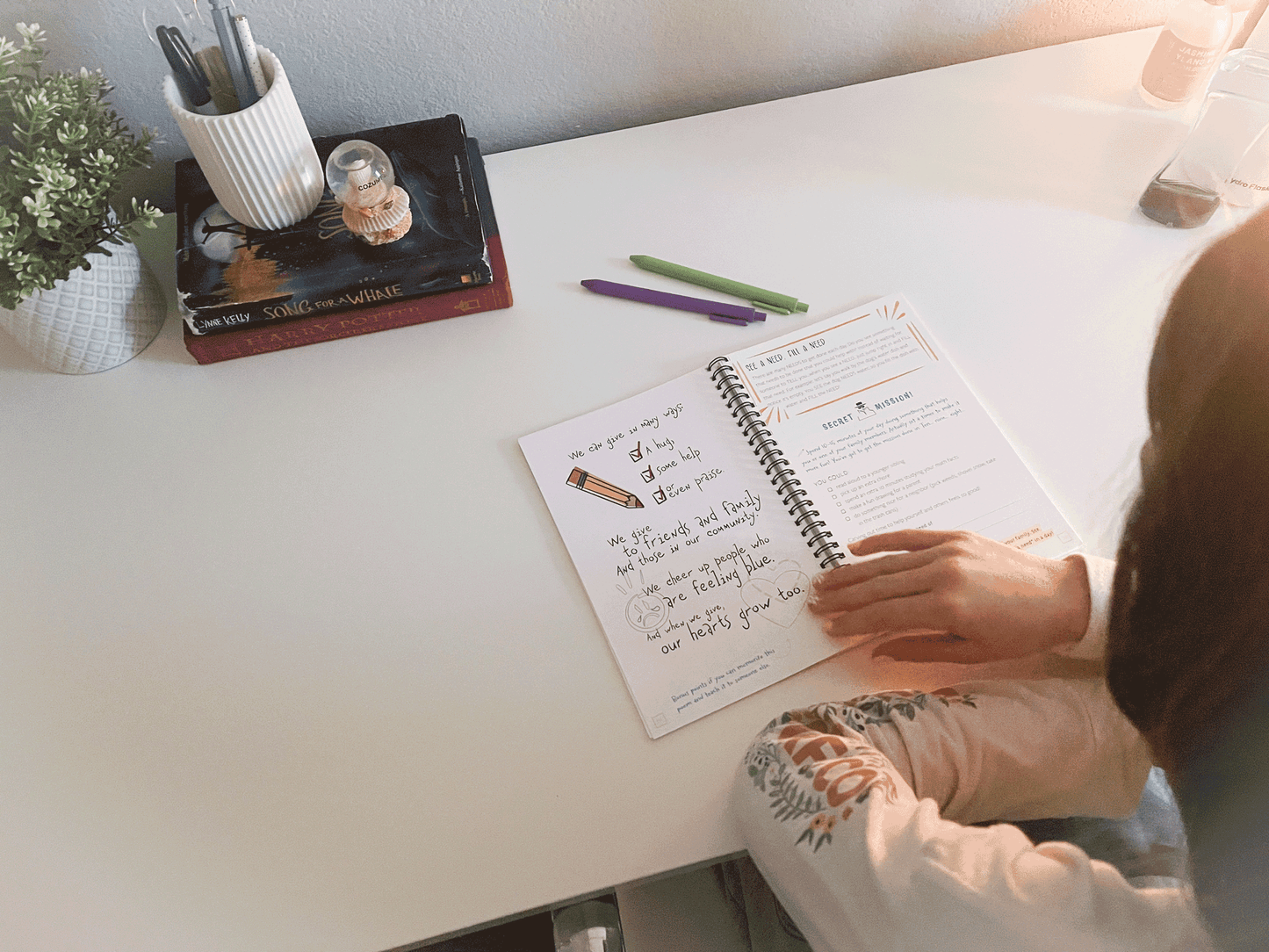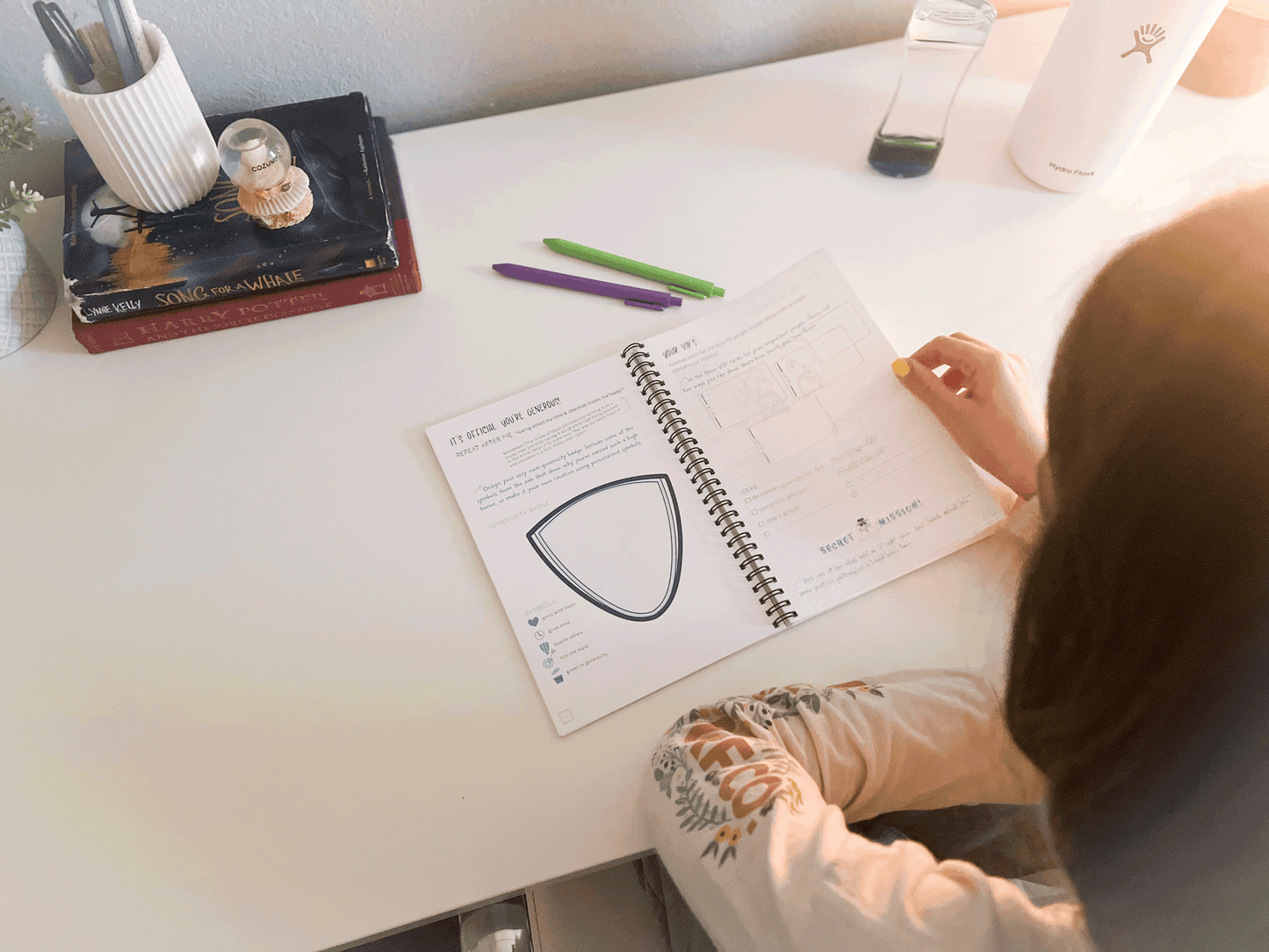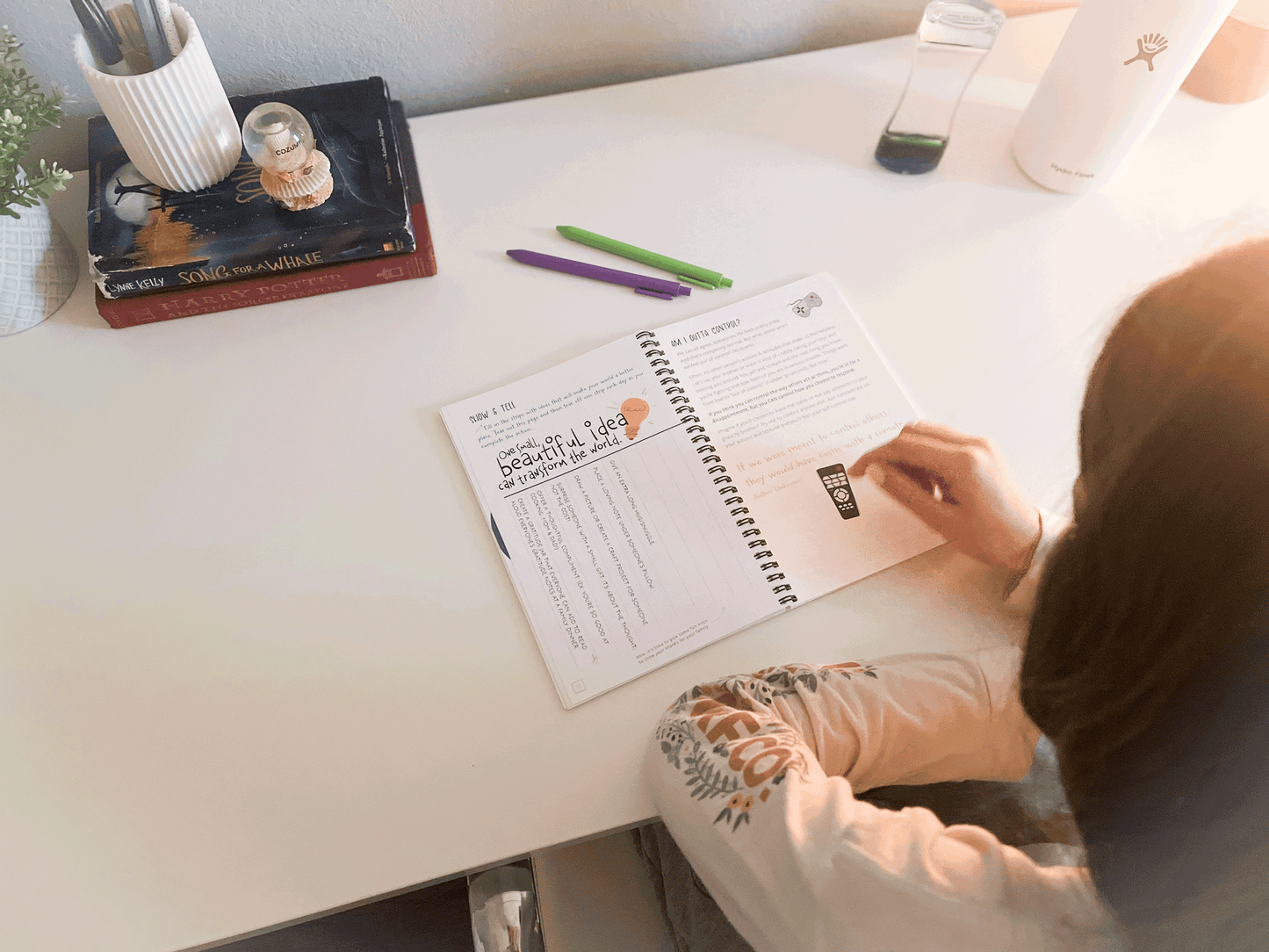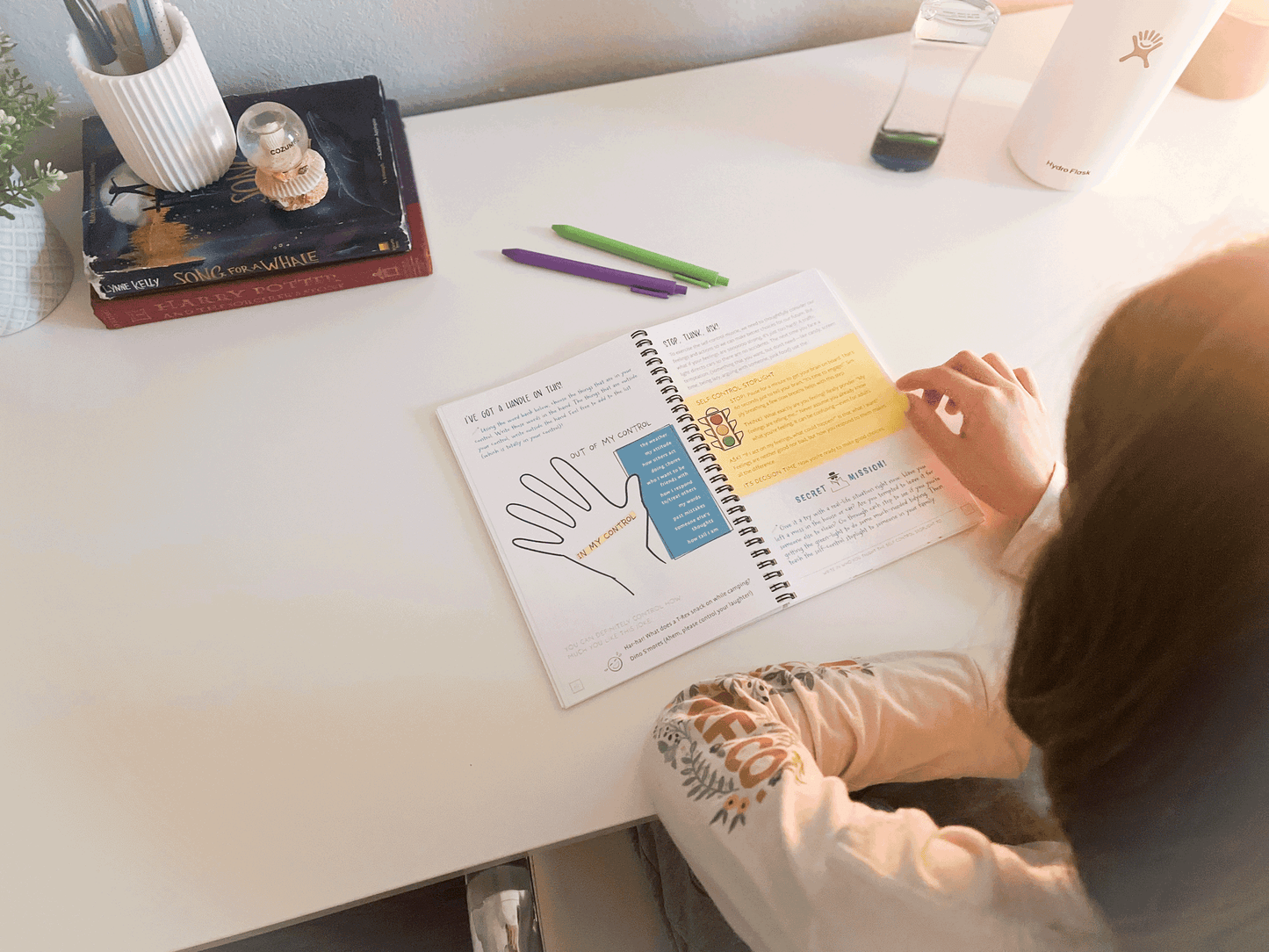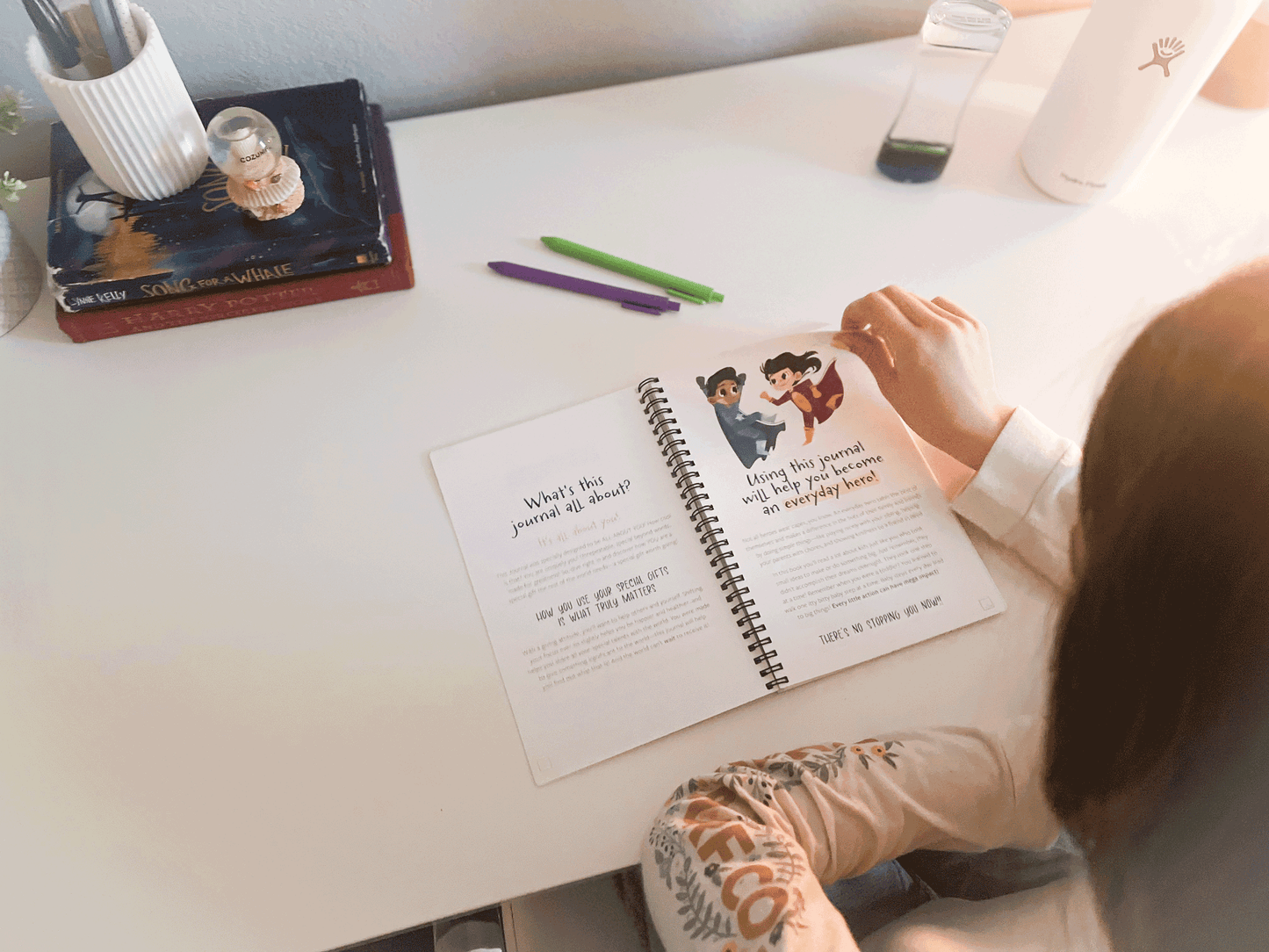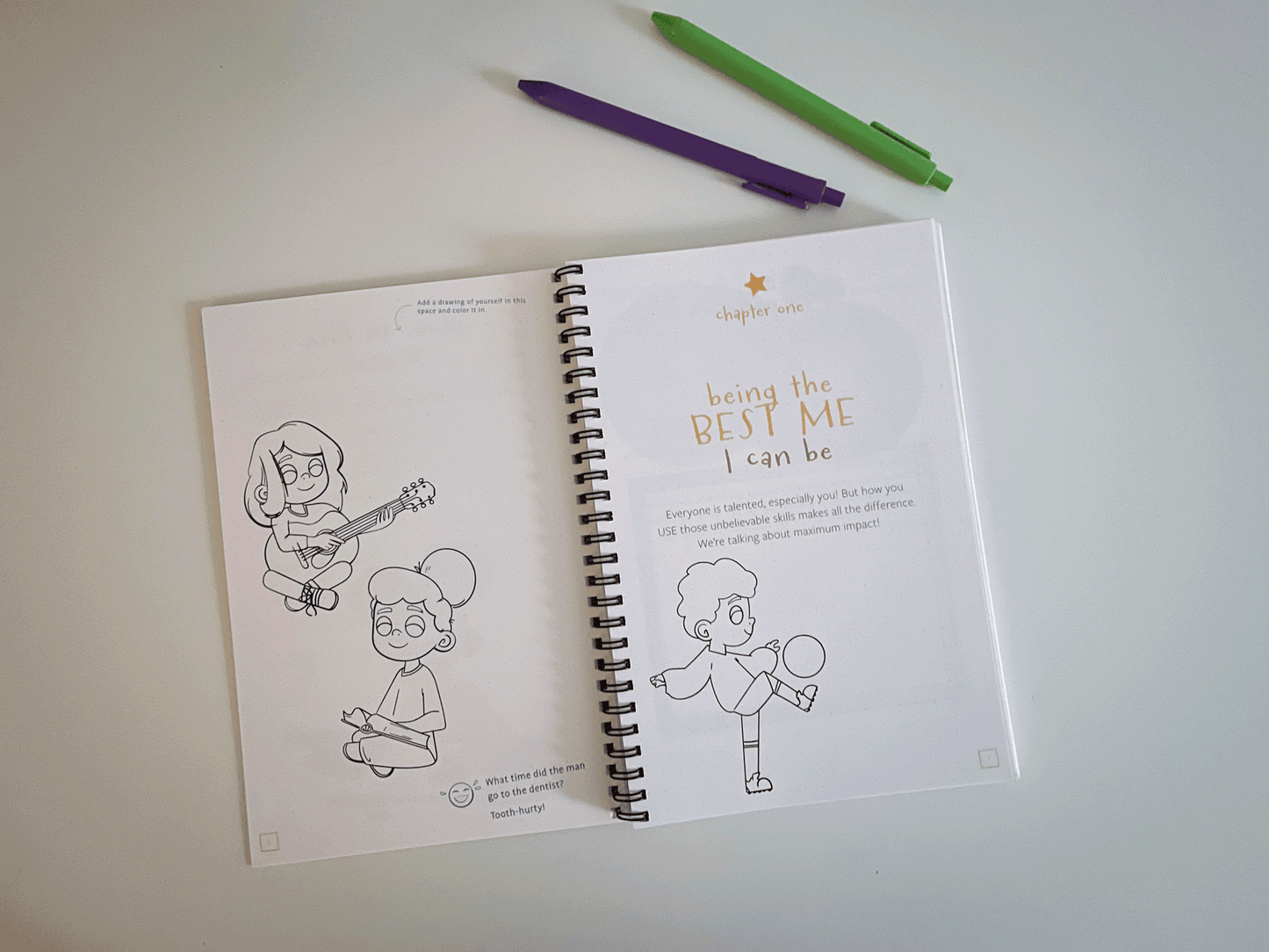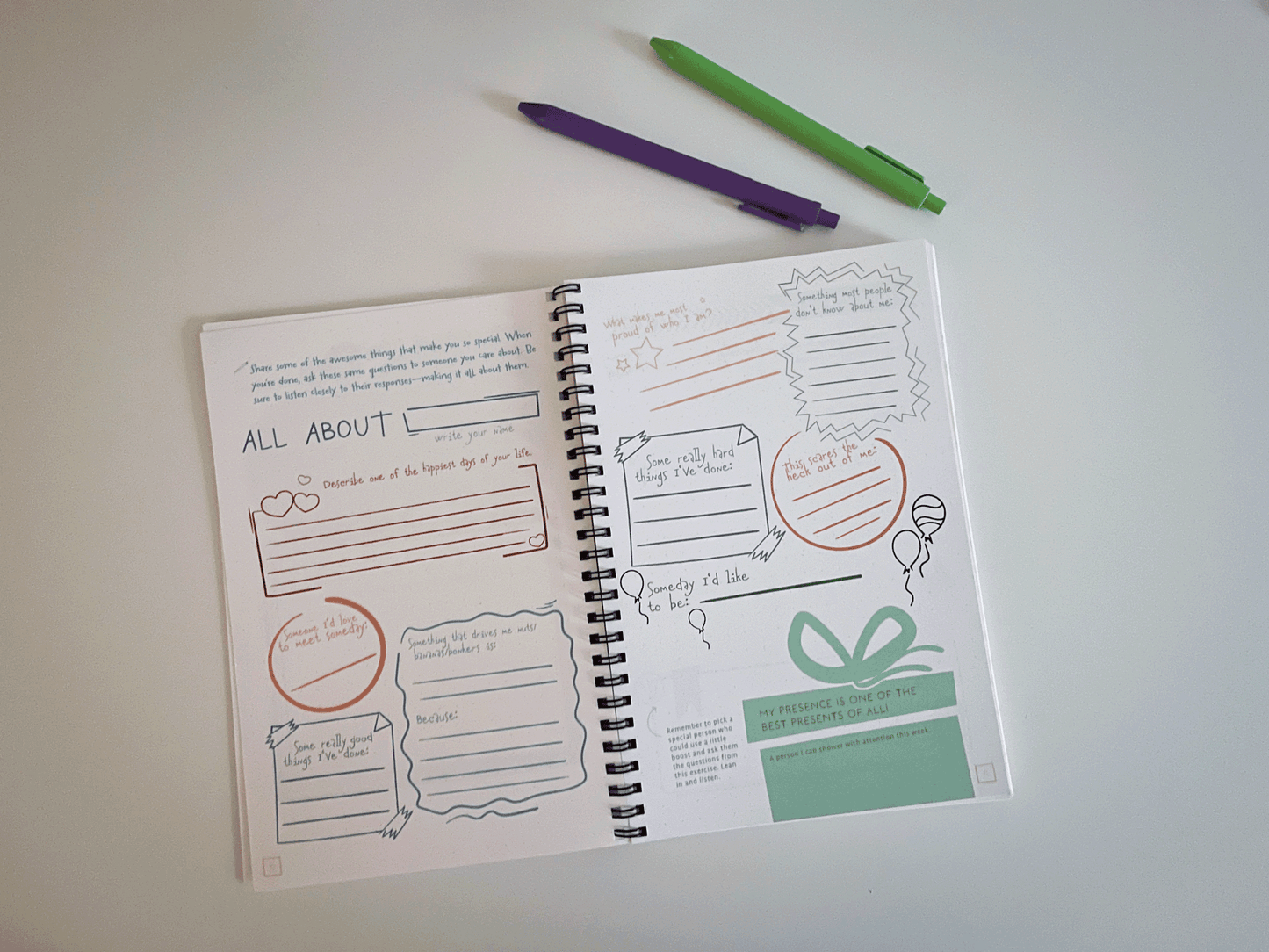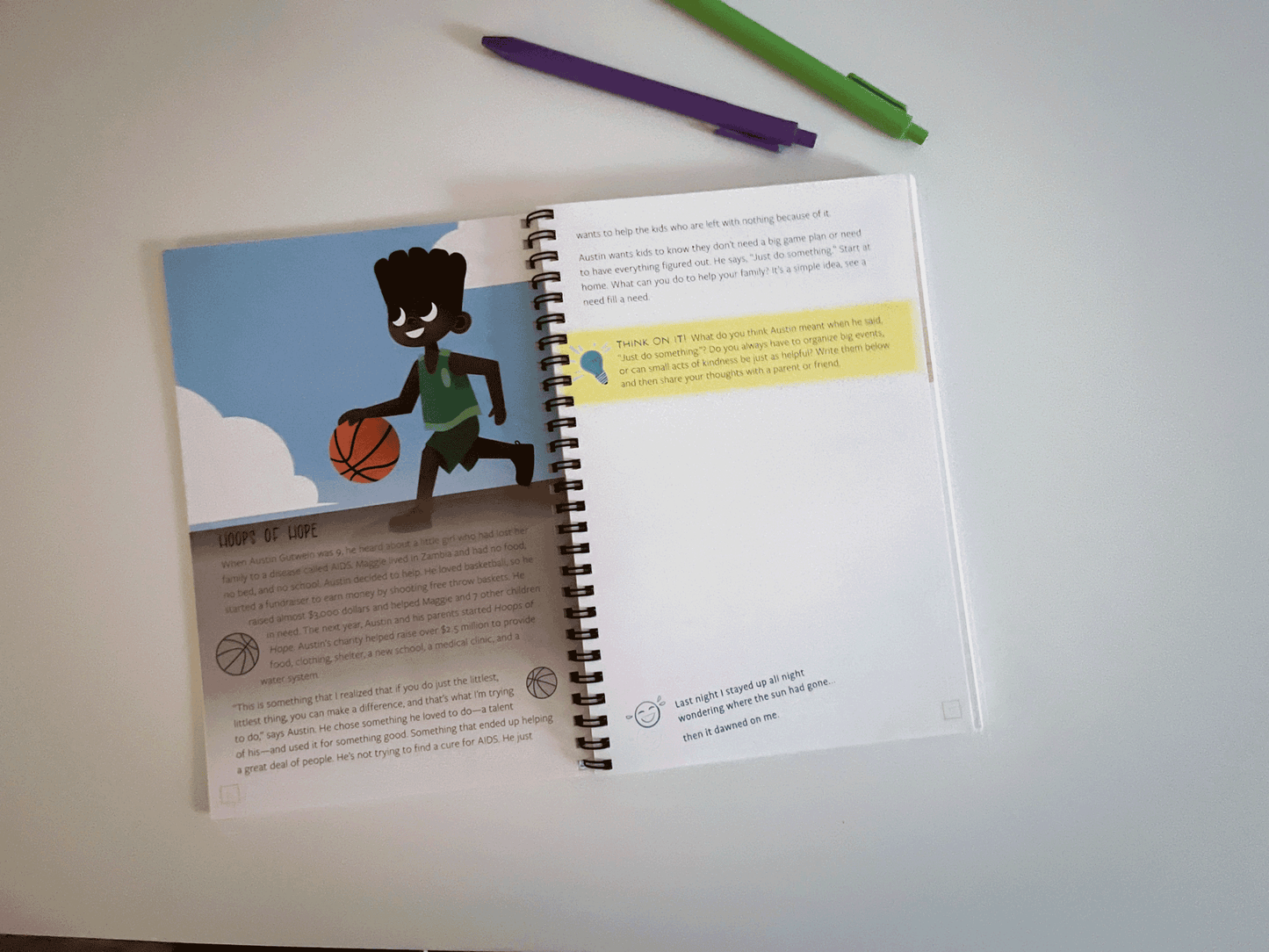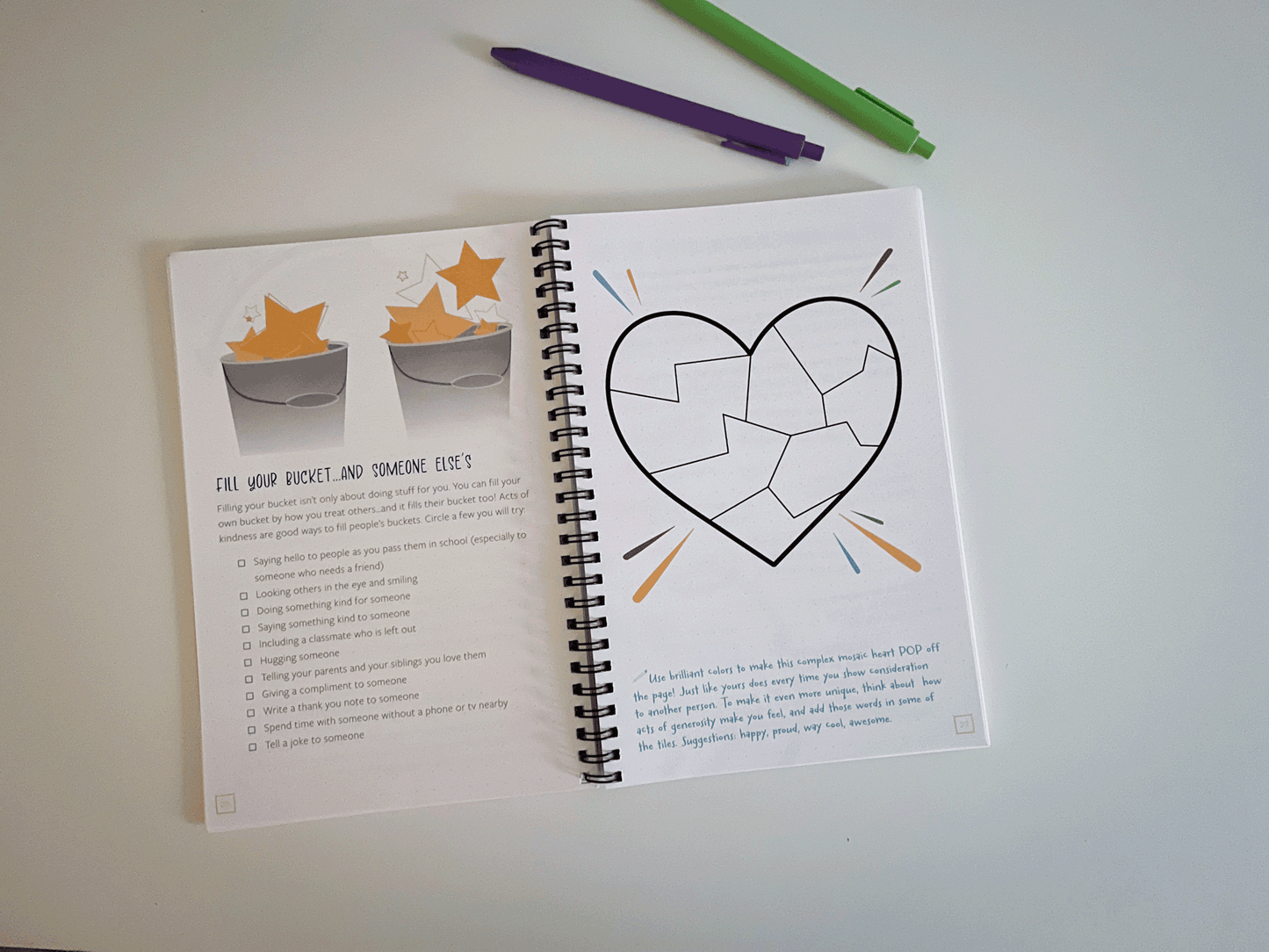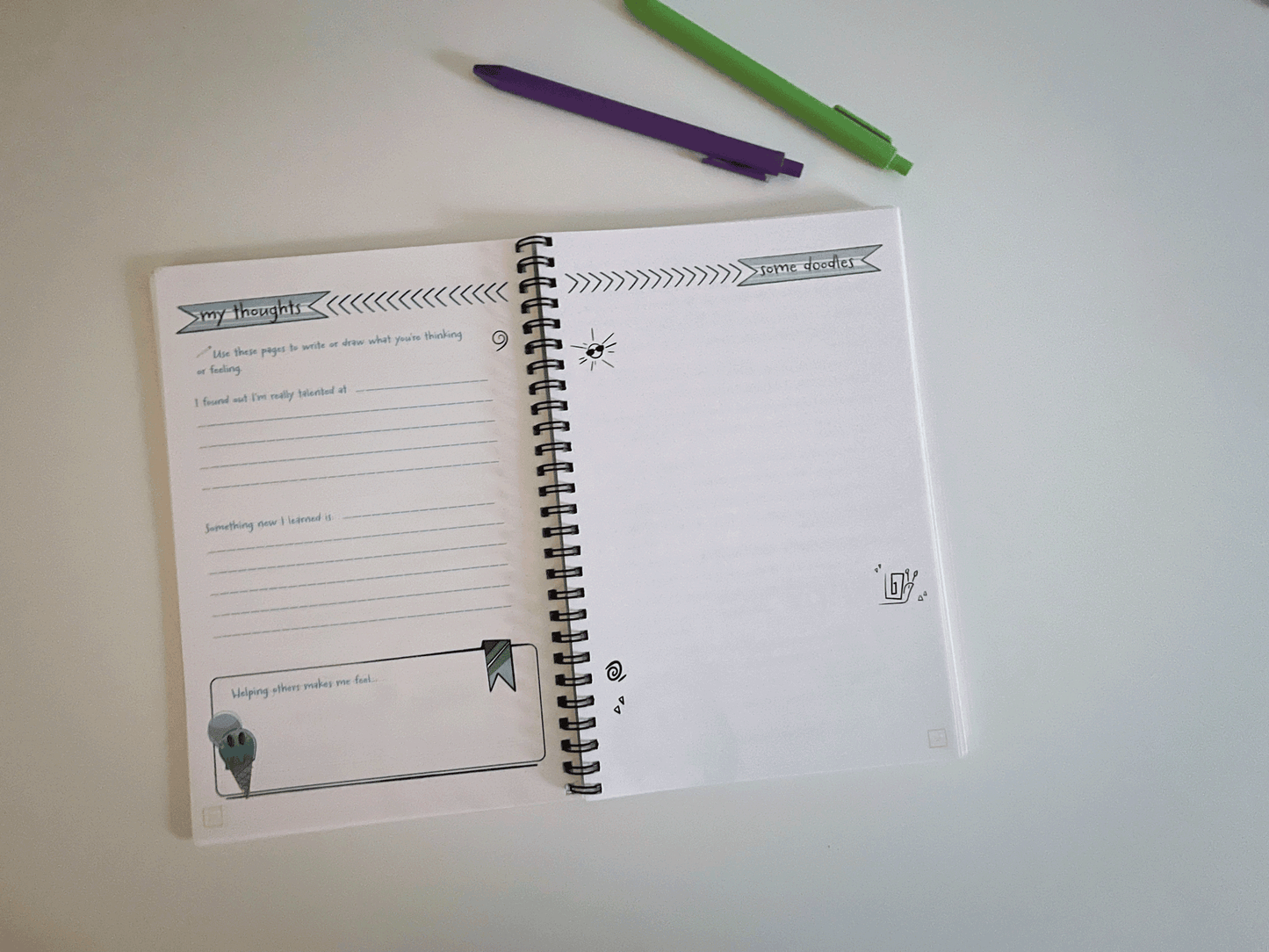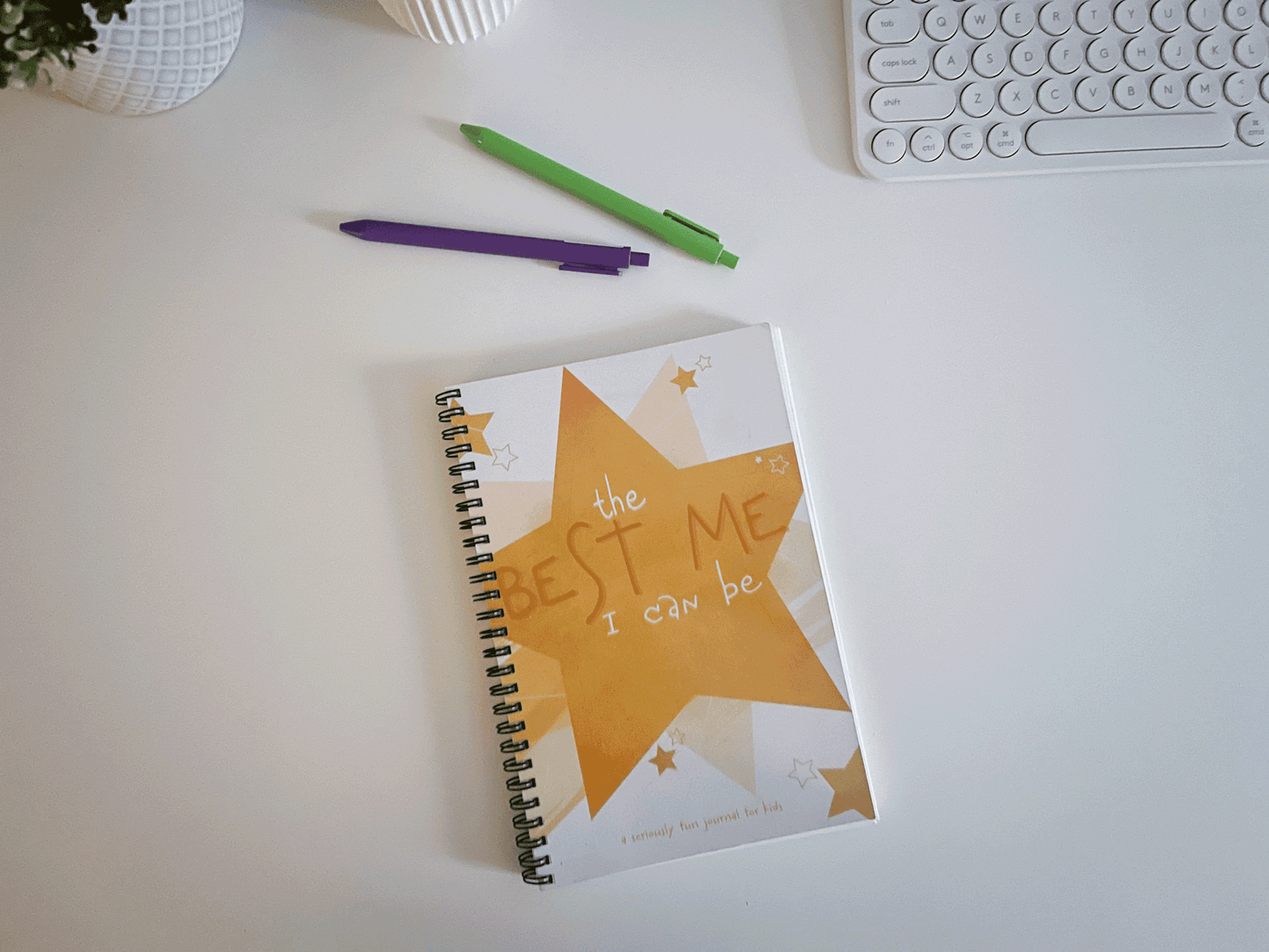Professional Counselor Discusses “Time-Out” vs “Time-In”
Jordan LangdonIf you’ve ever sent your child to time out and left them there longer than you planned…you’re not alone. Been there, done that. But what are the effects of sending our kids to their rooms when they are at the height of their emotions?
Brooke Vincent, Licensed Professional Counselor, helps us understand WHY we choose Time-Out (we all have the best intentions), WHAT happens for both the parent and child when we take a time-out, and HOW we can try something different—a better way.
In short, a time-out is a “behavior management tool” (quick fix). It separates the child from their primary caregiver in their most intense emotional moment, which fractures the attachment bond. While in time-out, a child’s emotional distress increases because of the separation, so they cannot “think about it” or “learn from it” at that moment.
Brooke suggests using a method that is not a punishment or threat, but a way to help kids regulate their emotions with their caregiver still in sight thereby allowing the secure attachment to stay intact. She recommends parents not use the language “time-in” with kids, but instead use that language internally to remind themselves to remain WITH their child during that emotionally intense time, help them calm their body and identify their emotions so you both can move through to the part where you talk about the behavior they chose to express that caused the problem.
Time-outs, while we believe “work”, are quick short-term punishments that have long-term negative consequences. Time-ins are more effective in helping a child calm down and regulate their emotions and contribute positively to the long game of them being able to regulate their emotions and make better choices on their own, going forward.
For more information on Time-In vs. Time-Out, check out the book Peaceful Parenting. You can also visit Eli Harwood at attachmentnerd.com to access more information on how to raise secure, confident, thriving kids without sacrificing your sanity!
Brooke also recommends the following parenting books which speak to fostering healthy attachment in kids.
Peaceful Parent, Happy Kids by Dr Laura Markham
The Whole Brain Child by Daniel J. Siegel, Tina Payne Bryson
Parenting From the Inside Out by Daniel J. Siegel, Mary Hartzell
The Conscious Parent: Transforming Ourselves, Empowering our Children by Dr. Shefali Tsabary
To book a counseling session with Brooke, visit brookevincentcounseling.com.
Visit our SHOP for helpful tools and resources for developing character in your kids, or our website for all things character.
Join our parent community, The Thrive Community by Families of Character
